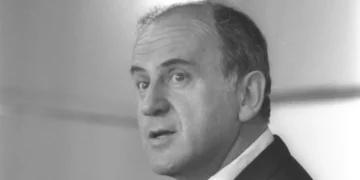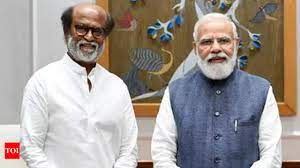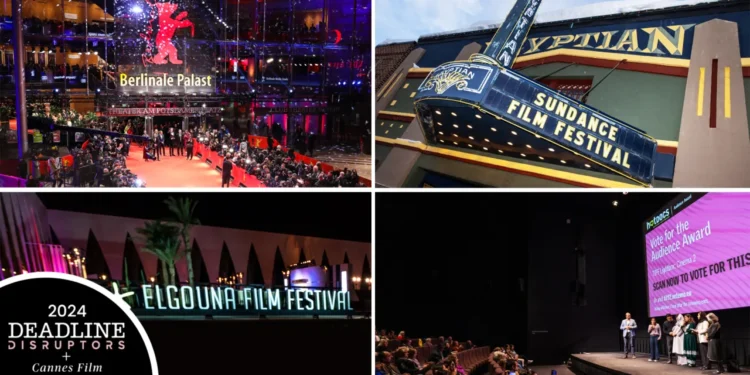The film festival circuit has faced unprecedented disruption over the past 12 months, impacted by a combination of local and global issues such as war, inflation, political unrest, and societal shifts. These challenges have resulted in funding shortfalls, staff losses, major PR issues, and even cancellations, raising existential questions about the role and effectiveness of festivals in the modern era.
Since the previous Cannes festival, significant upheavals have occurred at major festivals like Sundance, Berlin, Hot Docs, Thessaloniki, IDFA, El Gouna, Cairo, Busan, and Odessa. Both Venice and Toronto faced uncertainties but have recently announced positive developments: Venice reappointed Alberto Barbera, and Toronto secured a significant financial boost.
During the turbulent Berlin Film Festival, Martin Scorsese highlighted concerns prevalent in the independent film sector, stressing the importance of festivals as platforms for cinema as an art form rather than commercial success. Berlin faced political controversies, including backlash over inviting the far-right party AfD to the opening ceremony and accusations of antisemitism at the closing ceremony. The festival is also grappling with an identity crisis, seeking to maintain its status as a top-tier event.
Clare Stewart of the International Film Festival Rotterdam noted the ongoing economic and audience challenges post-COVID, with the festival needing to attract new sponsors amid inflation. The Israel-Palestine conflict has also caused disruptions, with the Cairo and Carthage festivals canceled and El Gouna delayed. Other festivals have faced PR challenges related to global political stances.
Karlovy Vary’s artistic director Karel Och emphasized the increasing use of festivals as platforms for political expression, sometimes leading to withdrawals of films based on the festivals’ stances on global issues. Mike Goodridge, co-producer of “Triangle of Sadness,” highlighted the shifting distribution landscape as a major challenge, with festivals increasingly replacing traditional arthouse distribution.
The Venice Film Festival has recently secured a positive outlook with the renewal of its chief Alberto Barbera, who has strengthened its position as a major awards platform. Meanwhile, Cannes continues to dominate, with its latest edition featuring numerous awards contenders and a record number of submissions.
In North America, the Hot Docs festival in Toronto faces potential closure due to financial difficulties and a lack of government funding. The Toronto Film Festival received a substantial government grant to launch a new content market in 2026, aimed at boosting industry attendance and global distribution.
Sundance and Telluride have also felt the financial strain, with Sundance considering relocating to another city post-2026. Both festivals have adopted hybrid models to mitigate costs, but this has led to reduced on-site attendance. Tribeca Festival has struggled to maintain relevance after shifting its dates from April to June, impacting industry attention and media coverage.
Despite these challenges, some festivals remain successful. The New York Film Festival reported record ticket sales, and Film at Lincoln Center continues to thrive with a lean budget. However, other festivals, like Outfest and Michael Moore’s Traverse City Film Festival, have shut down, while new festivals like This Is Not a Fiction and Round Top Film Festival have emerged, showing resilience in the face of industry challenges.
































